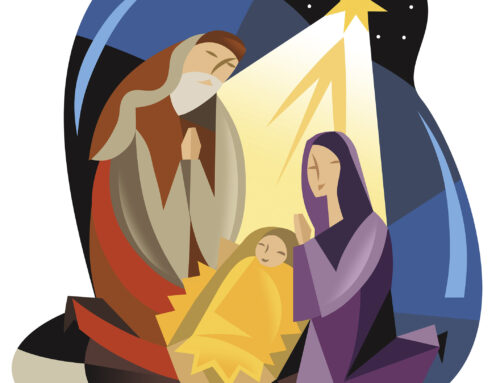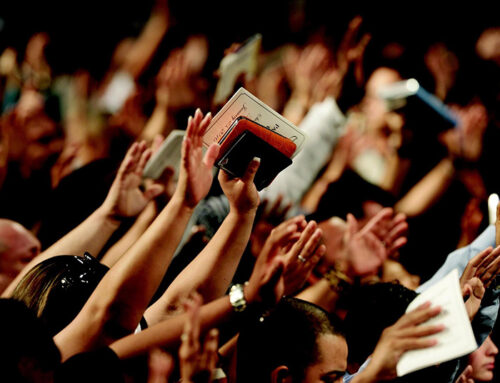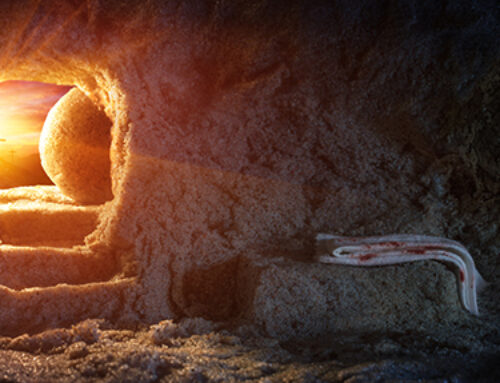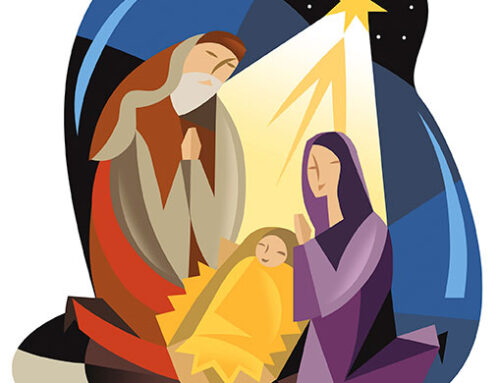
It is always interesting to observe people’s reactions when they learn that I am a pastor. While these responses might be more exaggerated because I am a “man of the cloth,” every disciple of Christ tends to elicit different reactions when we reveal our relationship with Jesus to others. How do we deal with such reactions? Win a hearing for our faith? Bridge the gap between our Lord and the people who don’t yet know Him?
An expert missionary shows us how to do it in Acts 17:15-34. Would you please take a few minutes to read about the Apostle Paul in Athens?
We can build bridges by establishing common ground.
Paul recognized the religious beliefs of the Athenians in Acts 17:22. A mixed bag of people comprised this highly esteemed council known as the Areopagus and became the recognized authority on religion and morals.
The Epicureans believed in the existence of the gods, but they did not think these gods influenced daily life. Since they only knew about the present life, adherents preferred to speak about pleasure rather than the afterlife.
The Stoics divided over their views of a future life. They were pantheists (God is all, and all is God) and argued that we are all subject to fate. The Stoics would oppose the Epicureans by maintaining that pleasure should be denied and that only what is right should be pursued.
More than a space in the middle of the city, the Athenian marketplace was decorated with art and sculptures. The citizens spent much time discussing the latest ideas in this setting. Paul demonstrates that he had taken time to observe their values and views in Acts 17:23.
Followers of Jesus can make an impact on the people God calls us to reach by understanding current events and observing life’s struggles. Paul interacted with examples from their own culture in Acts 17:28. He knew enough about Athens to be able to quote the city’s poets.
Paul revealed the secret to building bridges in 1 Corinthians 9:22b-23, “I have become all things to all people so that by all possible means I might save some. I do all this for the sake of the gospel, that I may share in its blessings.”
I have found that people think less frequently of me as Rev. Pole and more as an ordinary guy named Al when I work, talk or play with them. Common ground is established when they and I realize that we are subject to the same weaknesses and temptations. We build bridges when we can see what we have in common, before noticing what is different.
If you believe no two people think alike, you’ve never been to a potluck dinner. When you meet someone new, do you first ask yourself what you have in common or what you don’t? Begin by asking yourself, “What do I have in common with this person?”
We can build bridges by distinguishing the differences.
 Paul noticed the idols in Athens and became distressed enough to do something about it in Acts 17:16. Paul never lost his evangelistic edge! He remained distinct from his surroundings and acted on his passion by doing and saying something about people’s sins.
Paul noticed the idols in Athens and became distressed enough to do something about it in Acts 17:16. Paul never lost his evangelistic edge! He remained distinct from his surroundings and acted on his passion by doing and saying something about people’s sins.
It is one thing to become a student of our culture and expose oneself to North America’s popular literature and entertainment. It is quite another to become so saturated with these influences that we lose our distinctness. This process can happen so subtly and slowly that you and I must proceed with caution.
While understanding and awareness help, objectivity and distance from our culture keep our focus on the differences between heaven and earth. Taking time alone with the Lord and His Word can renew our focus. Remember that Jesus calls us to be in the world but not of the world. We need to proclaim the Good News of Jesus Christ’s death and resurrection rather than the peripheral issues we have added to our Christian sub-culture.
Paul proclaimed Jesus and His resurrection in Acts 17:18. The moment we water down our message of the death and resurrection of Jesus Christ is the moment we drift from the power source and opportunity to see people and the world change. Lord, help us know when to take a stand and when to let it go.
Paul used the familiar to launch into the unfamiliar in Acts 17:23 and 17:28-29. Every culture has entry points for God’s Word to be proclaimed and understood. The same Paul who wrote about becoming all things to all men cautioned in Romans 12:2, “Do not conform any longer to the pattern of this world.” While being holy or uniquely different from the world, God and His Word hold out hope for transformation.
How different is your life from those around you? Do you blend in or stand out when you are in a room filled with people who don’t know Jesus?
Like the Apostle Paul in Athens, we will successfully build bridges to the point where some will come to Jesus, some will reject Him and others will want to hear more before they decide. While we share the message, the response is between each person and the Lord.
God calls us to build bridges, not barricades.

Allan Pole
CESLM President
al@eslcooperative.ca





























































